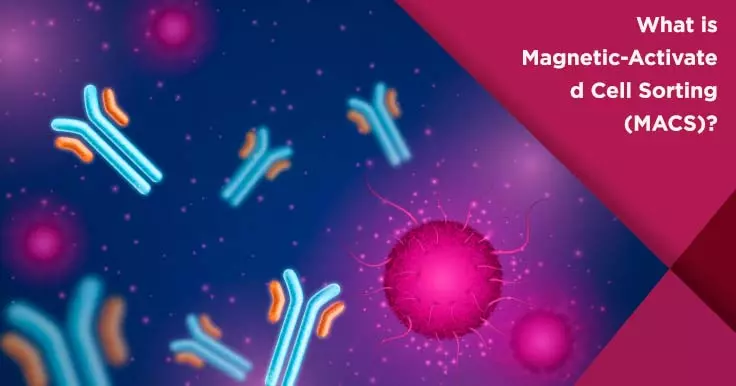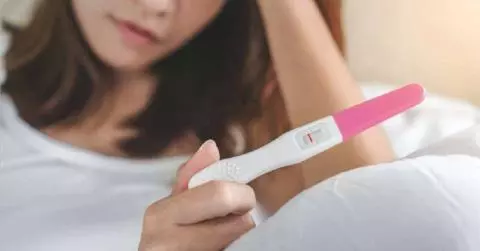Magnetic Activated Cell Sorting (MACS): How It Works in Fertility Treatment

The MACS process involves the use of very small biodegradable magnetic particles. These particles have an antibody known as protein annexin. The antibody fastens itself to sperms with high DNA fragmentation, that are more likely to undergo apoptosis or programmed cell death. The semen sample is then passed through a column with weak magnetic fields around it. The apoptotic sperms get drawn towards the walls while the healthy ones pass through the channel.
Effects of MACS
Removing the unviable sperm from the semen sample increases the success rate of assisted reproductive techniques by selecting the best quality sperms. Studies show that it can increase the pregnancy rate by 10-15%. In the long run, this may also be lighter on the pocket as couples have a lower chance of requiring repeated cycles of IUI or IVF treatment.
 Infertility Counselling
Infertility Counselling Female Infertility Treatment
Female Infertility Treatment Andrology Treatment
Andrology Treatment Fertility Enhancing Surgeries - Female
Fertility Enhancing Surgeries - Female Fertility Enhancing Surgeries - Male
Fertility Enhancing Surgeries - Male Endoscopy Treatment
Endoscopy Treatment IUI Treatment
IUI Treatment IVF Treatment
IVF Treatment ICSI Treatment
ICSI Treatment Advanced IVF Solutions
Advanced IVF Solutions Embryology
Embryology Vitrification Egg, Embryo, Sperm Freezing
Vitrification Egg, Embryo, Sperm Freezing Preimplantation Genetic Testing (PGT)
Preimplantation Genetic Testing (PGT) Donation Program Embryo / Egg / Sperm
Donation Program Embryo / Egg / Sperm Self-cycleTM IVF
Self-cycleTM IVF

 Self-cycleTM IVF
Self-cycleTM IVF











